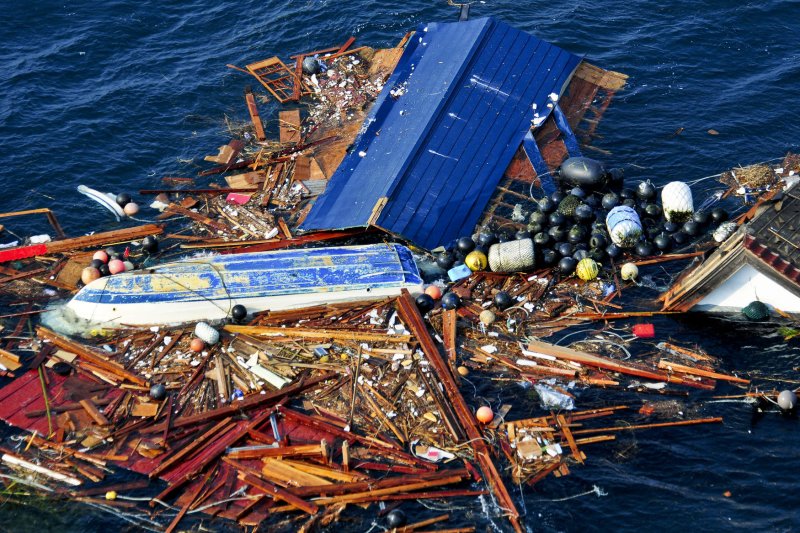HONOLULU, March 28 (UPI) -- World governments and some of the largest companies in the world came together in Hawaii to make commitments to reduce marine debris, UNEP said.
The U.N. Environment Program, at a meeting in Hawaii on the need for a greener economy, said marine debris remains problematic despite efforts to reduce industrial plastic waste.















